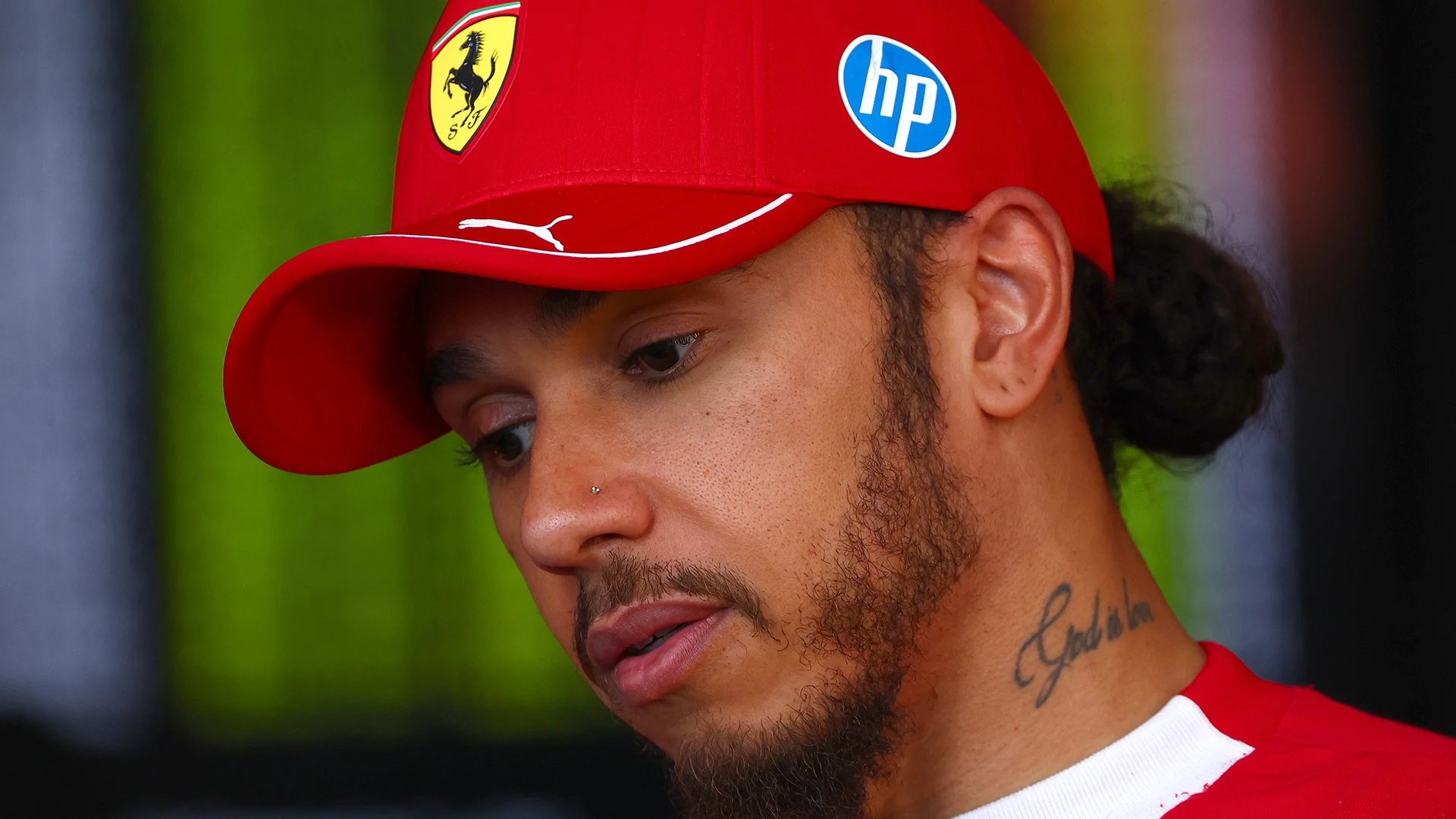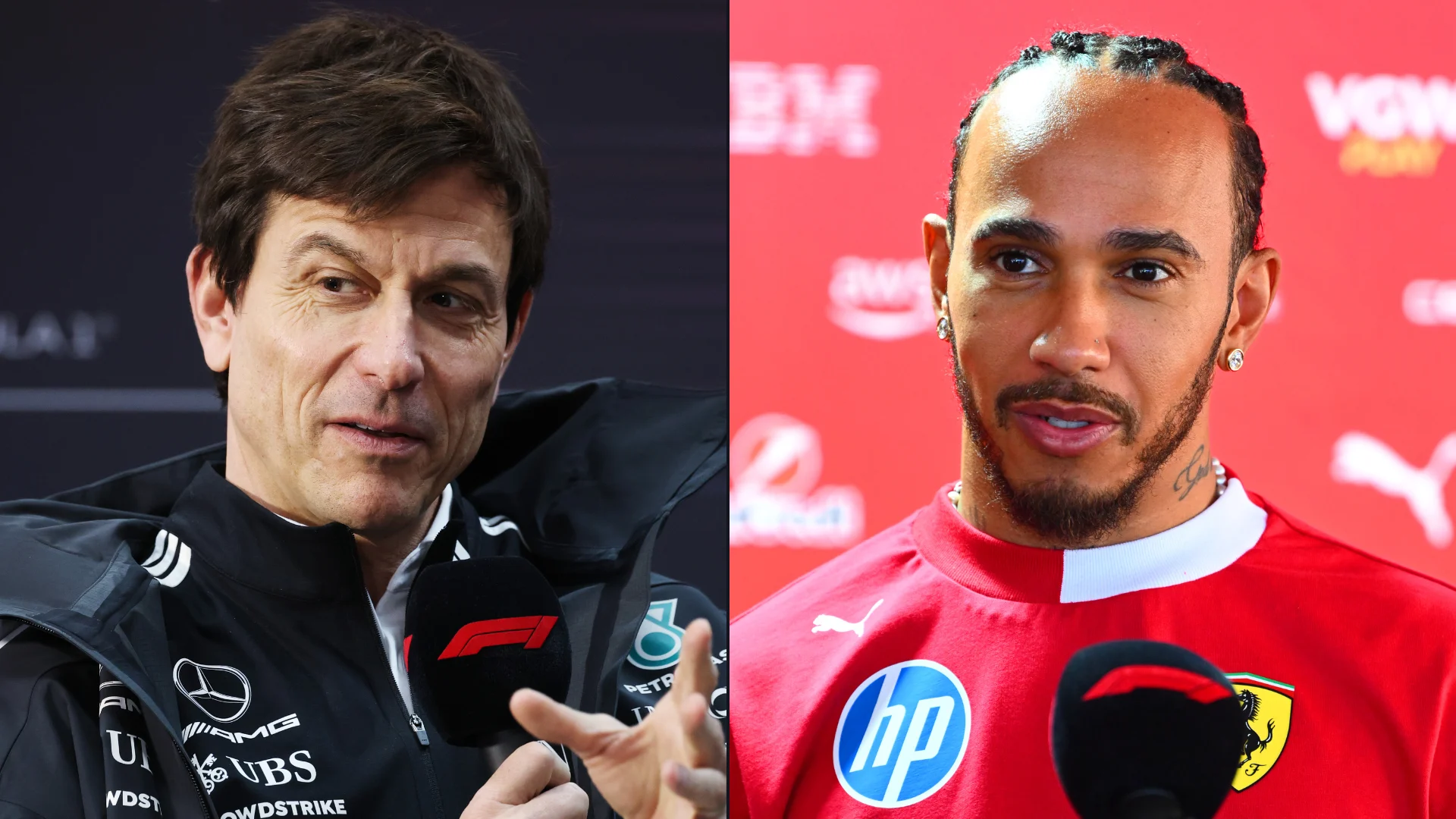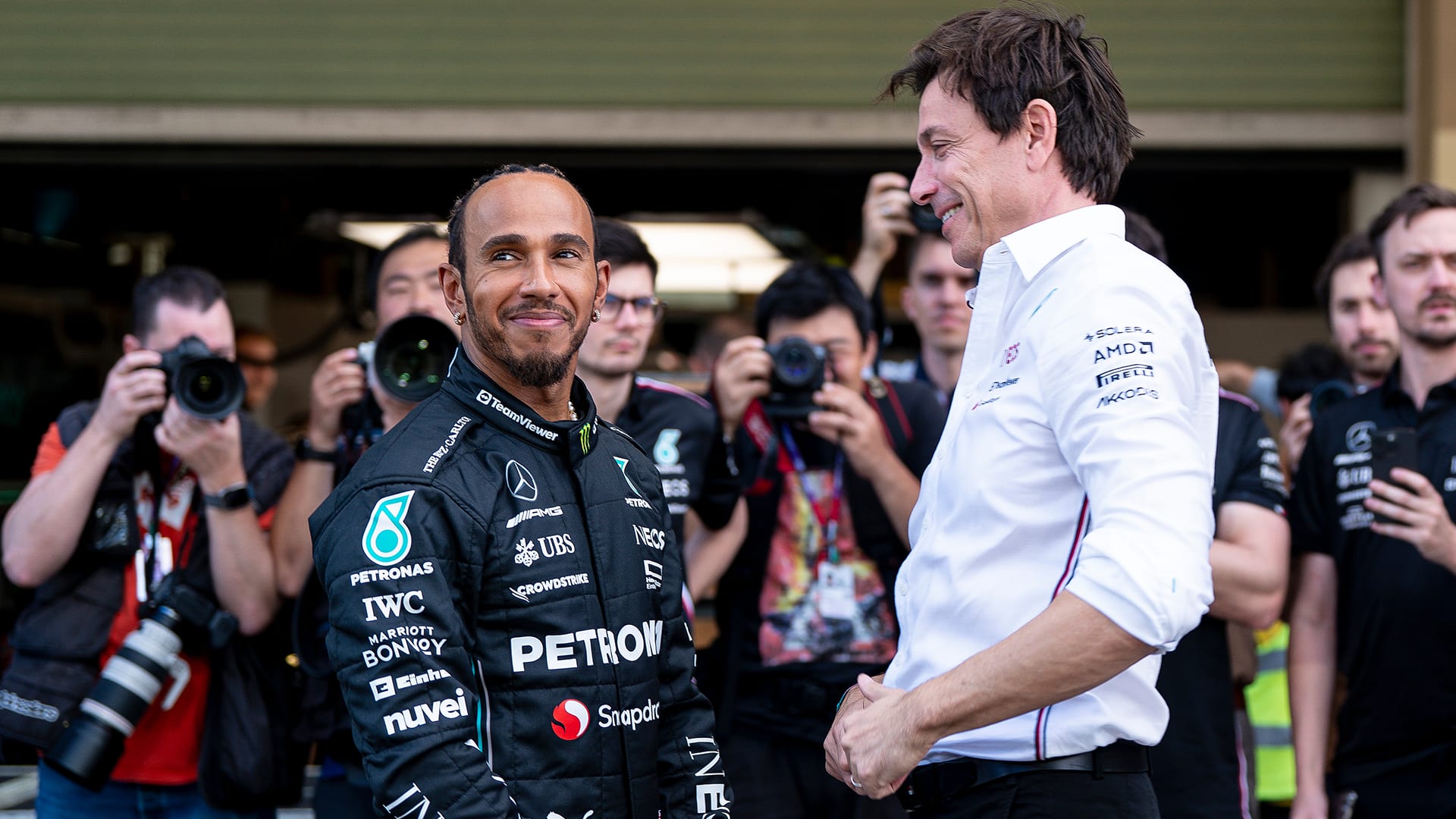When Toto Wolff, the hyper-composed leader of the Mercedes Formula 1 team, declared the former Race Director Michael Masi a “lunatic,” the phrase was more than a mere insult; it was a detonation.
Uttered years after the infamous Abu Dhabi Grand Prix, this single word cut through the carefully curated silence that Formula 1 had built around its greatest officiating scandal. For Wolff, a man whose life is governed by data, precision, and measurable control, the remark wasn’t hyperbole—it was a diagnosis of a procedural collapse that, in his view, “destroyed the record of the greatest champion.”
His recent comments are not an attempt to reopen a feud, but a raw, unhealed scar tissue speaking out. They expose the fundamental schism that still haunts the sport: the war between the exactness of engineering and the chaos of human judgment.
The championship Lewis Hamilton lost on that fateful day was not just a statistical anomaly; it was a philosophical violation that fundamentally rewired the psychology and strategic algorithms of the sport’s dominant team, leaving a mark that endures to this day.

The Anatomy of a Violation: Data vs. Discretion
To understand the enduring emotional weight of Wolff’s latest statement, one must return to the facts of the final lap in Abu Dhabi. Lewis Hamilton had driven a flawless race, leading for most of the laps. Before the deployment of the safety car, the gap between Hamilton and Max Verstappen was a commanding number. Mercedes telemetry confirmed that his victory was secured by every measurable metric—power unit temperatures, tire degradation, and battery state of charge were all within safe margins to finish unchallenged.
Then came the intervention. Under normal FIA procedure, all lapped cars should have been allowed to unlap themselves before the safety car returned to the pits. Instead, Masi, under immense pressure, instructed only the few cars separating Hamilton and Verstappen to do so. The process was not followed as written, but “as wished,” compressing the field into a single-lap shootout.
The data reveals the catastrophic consequence of this procedural shortcut. Hamilton was on worn hard tires; Verstappen had pitted for fresh softs. Mercedes strategists later calculated that the safety car came in one lap early—setting up an artificial sprint. The tire compound advantage alone was measurable, equating to a significant grip advantage. Specifically, the fresh softs gave Verstappen an advantage equivalent to a 12.8% higher traction coefficient through the crucial final sector of the circuit.
For the performance engineers inside the Mercedes control room, this outcome was an exercise in “incomprehension.” A championship decided not by pace or performance, but by procedure—or rather, the arbitrary override of it. As Wolff puts it, “One person destroyed the record of the greatest champion.” This wasn’t figurative; it was literally and demonstrably measurable. The only variable outside their simulation range was “human discretion.”
The Collapse of Control: Wolff’s Philosophical Betrayal
Toto Wolff’s reaction—from the raw fury shouted into the radio (“No Michael No this is so not right”) to the measured, delayed statement years later—stems from a betrayal of his deepest professional and personal philosophy. As an engineer-minded leader who lives by process and precision, chaos is the ultimate betrayal.
Wolff’s later admission that he “hadn’t experienced loss of control like that since childhood” provides a window into the trauma. For Mercedes, every pit stop, every strategic call, is driven by simulation logic and refined data. Their operational ethos is built on the fundamental equation: Data plus discipline equals justice. When Masi chose to “let them race,” he injected emotion into a process designed specifically to exclude it. From Wolff’s perspective, this wasn’t passion; it was pollution.
The failure of structure determined a legacy, and when data loses meaning, “every engineer strategist and driver loses faith in cause and effect.” Wolff’s recent outburst is therefore not about bitterness over a lost trophy, but a desperate reassertion that precision is sacred, and that the fundamental core of Formula 1—that the stopwatch decides everything—is under threat.

The Asterisk of Greatness: Hamilton’s Rewired Personality
The cost of this procedural destruction was borne by Lewis Hamilton. His potential eighth title, which would have broken Michael Schumacher’s record and cemented his place as the undisputed statistical champion, “froze him at seven.” Since that night, every mention of his greatness “now carries an asterisk invisible but felt.”
His immediate reaction—”This has been manipulated man“—was not anger, but the language of disbelief, of watching trust “evaporate in real time.” The silence that followed was captured not in the lap charts but in his distant eyes on the podium, mourning “the meaning of competition.” The psychological toll was severe, leading him to vanish from public view for a period, the exact number of laps in the race.
The loss didn’t just change a result; it “rewired personalities.” The champion became more guarded, more philosophical. Even in his current racing environment, his tone carries that skepticism. His comment during a later Grand Prix, “I hope we’re not repeating history,” was half-joke, half-diagnosis, proof that Abu Dhabi still lives inside every risk calculation he makes. For Hamilton, he wasn’t mourning a trophy; he was mourning the “broken promise that even perfection might not be enough.”
The Systemic Shadow: Governing by Overcorrection
The aftermath saw an immediate systemic fallout. While Masi was eventually removed from his role and replaced by a dual-director system and an expanded support structure, the FIA’s quiet endorsement of “human error” was viewed by Mercedes as “an insult disguised as closure.” Wolff’s fury turned to strategy, realizing that the fight was now political, aimed at the system that enabled the decision, not just the man who made it.
The trauma of losing faith in objectivity led to overcorrection within the Mercedes operation. That winter, Wolff ordered a full audit of their dynamic race response model, a strategic tool that had processed thousands of historic race scenarios but had never included an irregular restart variable—because it was statistically non-existent.
The new version, internally dubbed Project Integrity, introduced a “human error coefficient” into strategy models. Formula 1, the world’s most driven sport, was now forced to simulate politics, treating unpredictability not as an anomaly but as an expectation.
This paranoia rippled across the grid. Teams began weighing “steward variance as a risk factor.” For Mercedes, this meant race strategies that leaned conservative, prioritizing security over aggression. They undercut less and extended stints longer, often losing opportunities to capitalize on chaos precisely because chaos had betrayed them once before. The sport became one more concerned with “perception than precision“—a culture of governance by overcorrection.

The True Cost: A Crisis of Integrity
Years on, the Abu Dhabi aftershock still reverberates. Wolff’s use of the word “lunatic” wasn’t demanding revenge; it was demanding recognition that history must include the uncomfortable truth about how it was written. He is warning that the sport’s pendulum has swung too far toward spectacle at the expense of credibility.
The tragedy is that the “record that was destroyed wasn’t just numerical. It was philosophical.” Hamilton’s legacy, meant to be quantifiable with titles and victories, instead became a mirror for Formula 1’s conscience.
The real championship today is no longer simply between teams or drivers, but “between trust and memory.” The moment that fairness failed, Formula 1 discovered its own fragility. Every lap since has been run under the shadow of that single intervention, with every hesitant radio call starting with, “Are we sure this is allowed?”
Wolff’s ultimate message is clear: If the stopwatch no longer holds absolute authority, then every era becomes conditional. Hamilton’s greatness, ironically, may lie not in the trophies he failed to collect, but in the profound questions he forced the sport to confront about the true cost of its own humanity. It was a moment where the system destroyed the sanctity of a number, and once a number loses sanctity, Formula 1 loses its compass. And that, according to the man who lives by logic, is the most devastating loss of all.